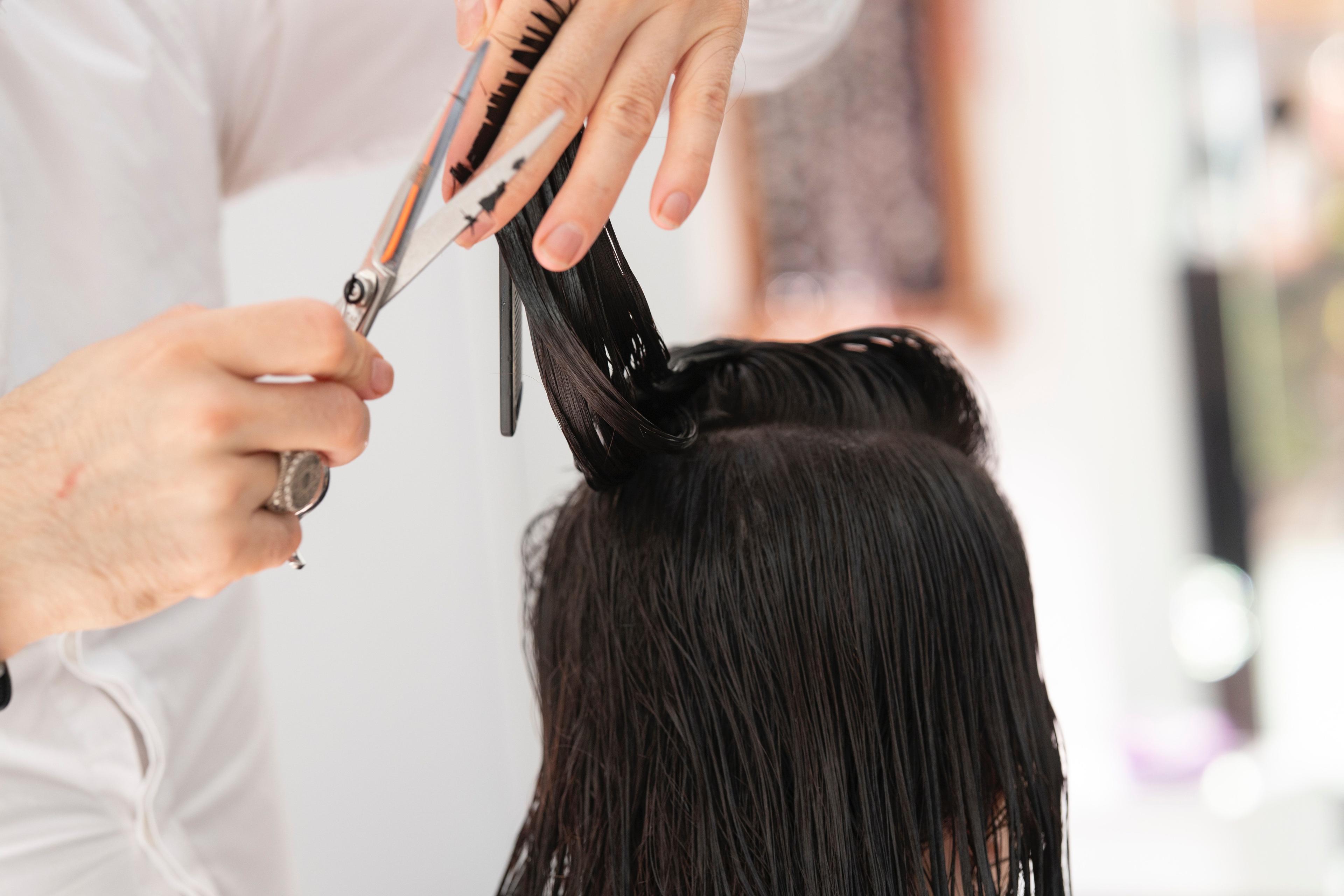How to get rid of oedema in the summer
In hot weather, we try to drink a lot of different beverages, and we sweat more often. As a result, the body’s water-salt balance is disturbed, the kidneys may not be able to cope with their task. The result is oedema. How to protect yourself and stay healthy? This will be discussed in our new article.
What is oedema and what causes it
Our well-being and appearance largely depend on where exactly in our body is water:
- in the circulating blood – well.
- in the intercellular space – bad.
Oedema is excessive accumulation of fluid in the organs, extracellular tissue spaces of the body. The causes of oedema can be very different, and almost all of them will not please you: heart disease, liver, kidney, thrombophlebitis, etc. With this symptom, you need to consult a doctor and get an appointment for an examination. What exactly causes swelling, the doctor will tell.
In any case, “excessive fluid accumulation” should not be understood as the fact that you drink too much water. Most likely, on the contrary, because oedema is a sign of dehydration. It is the lack of water and leads to the fact that fluid accumulates in the intercellular space.
The problem is exacerbated if there is a history of:
- varicose veins;
- kidney, heart and vascular diseases;
- pregnancy;
- hormonal fluctuations;
- recent alcohol abuse, junk food, fatigue.
How to get rid of body swelling
Eat less salt
The most common advice for eliminating swelling is to reduce sodium intake. However, the evidence for this is various. Several studies have shown that increasing sodium intake does lead to increased fluid retention in the body. On the other hand, studies on healthy men have not found the same effect, so the results may depend on each person.

Increase magnesium intake
Magnesium is a very important mineral. It is involved in more than 300 enzymatic reactions that support the body’s functioning. Besides, increasing magnesium intake can reduce water retention. Studies have shown that 200 mg of magnesium a day reduces water retention in women with premenstrual syndrome (PMS). Good sources of magnesium include nuts, whole grains, dark chocolate and leafy green vegetables.
Increase your vitamin B6 intake
Vitamin B6 is a group of several related vitamins. They are necessary for the formation of red blood cells and perform many other functions in the body. Vitamin B6 has been shown to reduce water retention in women with premenstrual syndrome. Foods rich in vitamin B6 include bananas, potatoes, walnuts and meat.
Take a contrasting foot shower
The contrasting shower helps to strengthen the vessels of the legs. It is not necessary to find time for this purpose, after the usual shower, change the water several times from hot to cool and vice versa. Do not turn on ice water, leave it at a temperature that does not irritate you. You need to come to colder water gradually. Contrasting baths can be done not only for the feet. The main rule of such procedures is that you need to finish in cool water.
Lift your legs up
This is a method of combating the lower extremities swelling. The easiest way is to lie down with your legs up. They can be leaned against the wall, put on pillows. The outflow of blood will begin under the influence of gravity, the work of venous valves will be facilitated, the movement of lymph will be accelerated. In this position, you should spend at least ten minutes and repeat this “trick” several times a day, one is always before bedtime.
Move
If your profession involves sitting at a desk or computer for a long time, try to walk to the office and home. It will help improve blood circulation and reduce swelling. Try to follow a daily norm of 10,000 steps, or better yet, take the time to visit the gym or pool.

Remember that oedema can be a symptom of a disease that needs to be treated and controlled first. Medications that must be taken can only be recommended by a specialist. Swelling of the feet in the summer, in this case, is a consequence.









